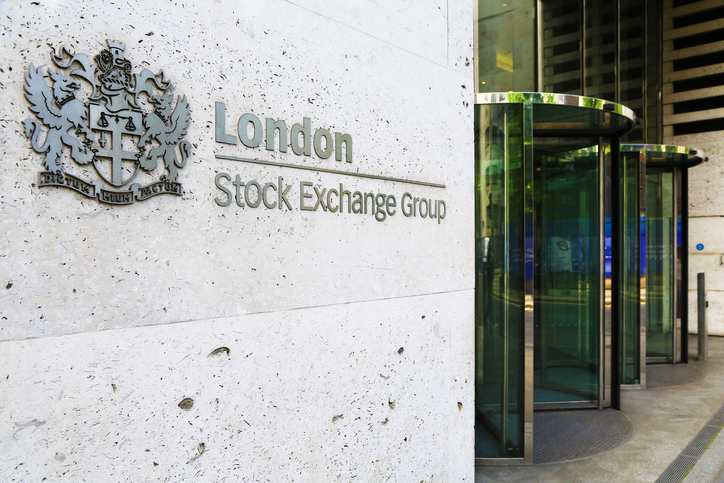Shard Capital: London Stock Exchange
The Role of the London Stock Exchange
The London Stock Exchange facilitates the raising of money by companies through outside investment, providing well-regulated markets that are efficient and attractive to investors, companies and intermediaries. Shard Capital is a member of the London Stock Exchange. The London Stock Exchange is one of the longest-running stock exchanges in the world, tracing its origins back to the 17th century.
London Stock Exchange History
In January of 1698, a man named John Castaing began issuing a detailed market prices list from his coffee house, on Tuesday and Friday of each week, and thus the London Stock Exchange in its earliest form was born. Technological advances over the course of more than 300 years have vastly altered the scope of the Exchange, beginning with the introduction of tickertape in 1830. With this, price information could be transmitted electronically, resulting in a vastly increased flow of information. This year was also the first time that company announcements began to be posted in the Exchange on noticeboards. 1960 saw another advance with the introduction of the Enunciator screen, which replaced the noticeboards to display the information electronically. In 1972, the MPDS (Market Price Display Service) was introduced, and in 1986 the securities industry was de-regulated. The news service of the Exchange was divided in 1988, with the edited CCNS service ultimately being sold. The RNS (Regulatory News Service) is still in operation today, with RNS Internet Services introduced in 2000.
Capital Markets
The primary capital markets of the London Stock Exchange are in London and Italy, with a wide range of companies varying from global institutions to small and medium businesses. The majority of London Stock Exchange trading takes place on the AIM and Main markets, while traders can access pan-European equities through Turquoise. The success of the primary markets facilitated the development of derivatives markets, with particular focus on Russian derivatives.
Information Services
The London Stock Exchange provides companies, investors and intermediaries with real-time trading data and prices. This high-value data is referenced and used by trading services and market participants. Feeds are not only provided directly to clients, but also through providers such as Thomas Reuters and Bloomberg. Through these providers, the real-time data is incorporated with other information and then sold on to investors, trading firms and institutions on a global level.
